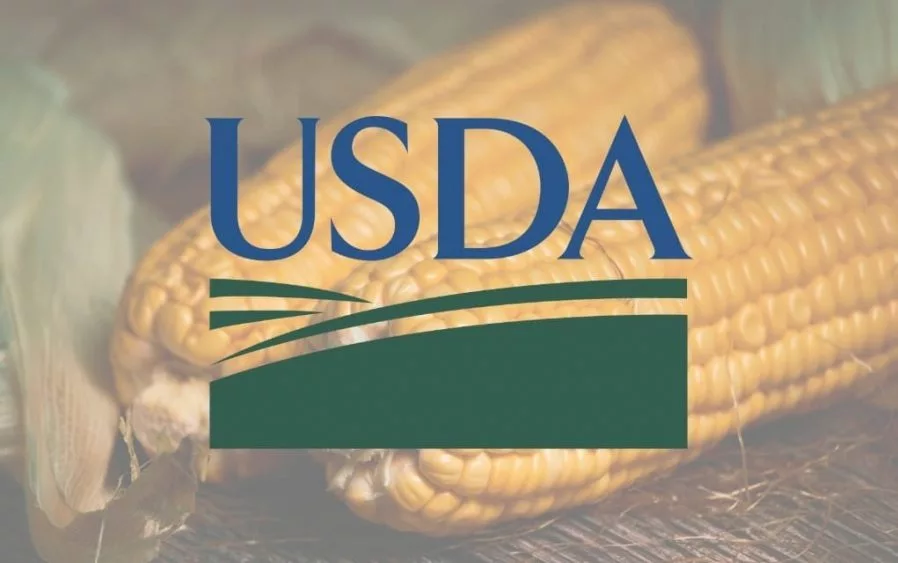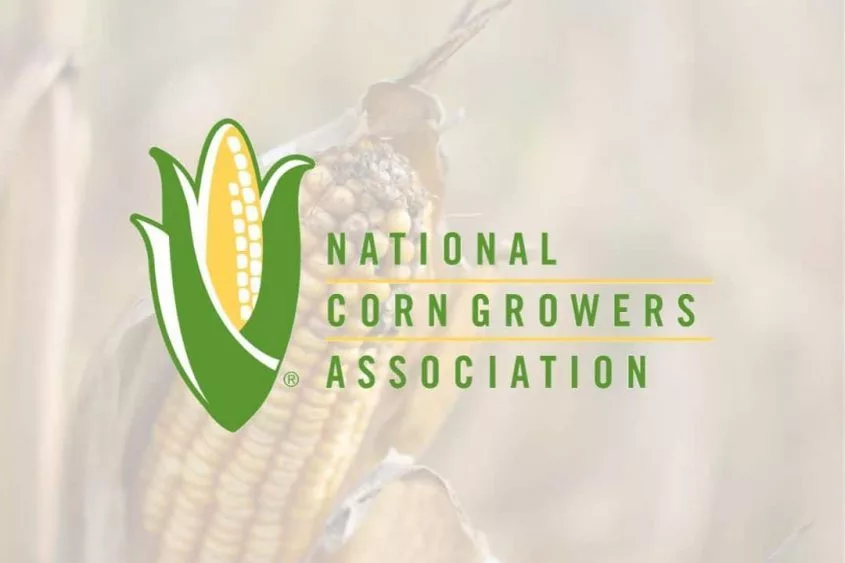(WASHINGTON D.C.) — Congressional negotiators are closing in on a deal to avert a partial government shutdown, with a stopgap funding bill that includes critical disaster relief and economic aid for farmers. The legislation, anticipated to receive a vote in the House later this week, would extend government funding through March 14, 2025, while delivering targeted assistance to struggling sectors.
The proposed bill earmarks $100 billion for emergency disaster relief, a necessary response to the string of devastating natural disasters this year, including Hurricanes Helene and Milton, which caused widespread destruction across the Gulf Coast and Midwest. Communities battered by these events are still reeling from infrastructure damage and economic loss, and the funds are expected to provide immediate support for rebuilding efforts, including housing assistance and infrastructure repairs.
Farmers are also set to receive $10 billion in economic aid to mitigate rising production costs, falling commodity prices, and economic uncertainty. The funds are designed to sustain agricultural producers who continue to face challenging market conditions, while a one-year extension of the current farm bill provides much-needed stability for the sector.
House Speaker Mike Johnson said in part that “What you’ll see reflected in this final package is $10 billion to start,” Johnson says. “In addition, USDA moved some things around and has added $2 billion for specialty crops they announced in late November, all of which means help is coming.” Johnson hopes with this announcement that a great sigh of relief is coming from farm country. “I’ve talked to several leaders in the ag community who say they’re greatly relieved,” Johnson added.
The inclusion of year-round E15 sales—a provision allowing for the sale of gasoline blended with 15% ethanol throughout the year—has emerged as a win for Midwestern lawmakers who have long advocated for the measure to boost corn markets and rural economies. The ethanol provision, however, has drawn criticism from conservative Republicans, who argue it reflects concessions to special interests.
Speaker Johnson confirmed that the legislative text would be made available for review at least 72 hours before any vote, adhering to House rules. Johnson is facing pressure from within his own party, as frustrations among hardline conservatives continue to grow. Some Republicans have criticized the bill’s size and scope, particularly its spending levels and targeted relief programs, which they argue stray from conservative fiscal principles.
The internal divisions have sparked questions about Johnson’s leadership, with some members reportedly expressing doubts about his ability to unify the party moving forward. The backlash could force Johnson to rely on Democratic support to advance the bill, adding further tension within the GOP ranks.
House Ag Committee Chairman Glenn “GT” Thompson (R-PA) issued a statement on Tuesday evening saying in part that “the bill released this evening provides much needed relief for agriculture, including $10B in emergency economic aid, which will help address the significant losses incurred due to both weather and market related issues. This addition of economic support is an important financial bridge, one that will help mitigate the severe downturn in the agricultural economy.”
On the Senate side, the bill is expected to face additional hurdles, with opponents like Senator Rand Paul signaling potential delays over spending concerns. Despite these obstacles, Senate Majority Leader Chuck Schumer remains optimistic that the legislation will move forward, stating earlier that negotiations were ongoing but productive.
Ranking Member on the Senate Ag Committee, and soon to be chair, Senator John Boozman (R-AR) issued a statement late Tuesday night saying in part that “farmers, agricultural lenders, and rural community leaders clearly communicated the need for emergency assistance to survive current market conditions. The consequences of ignoring the stark realities facing rural America would be devastating to farm families, American agriculture, and our nation’s food security.”
For farmers and disaster-stricken communities, the stopgap measure represents a critical lifeline. Agricultural advocacy groups and local leaders have been vocal in their support of the proposed funding, emphasizing its role in keeping producers afloat and ensuring recovery efforts continue uninterrupted. The National Council for Food and Agriculture (NCFC) acknowledged the importance of congressional action, pointing to the disaster aid and farm provisions as essential measures for stabilizing the agricultural economy.
The extension of government funding through March is expected to provide lawmakers time to negotiate a broader spending package for the next fiscal year, while avoiding a shutdown that could disrupt federal programs and services. However, the political fallout from this debate could shape future legislative battles, as Republicans attempt to balance internal divisions with the practical need for bipartisan cooperation.
As the clock ticks toward the funding deadline, all eyes remain on Congress to deliver a solution that addresses immediate economic needs and prevents a government shutdown. Whether the bill can pass amid partisan disagreements will be a key test for both Republican leadership and broader congressional negotiations heading into the new year.



